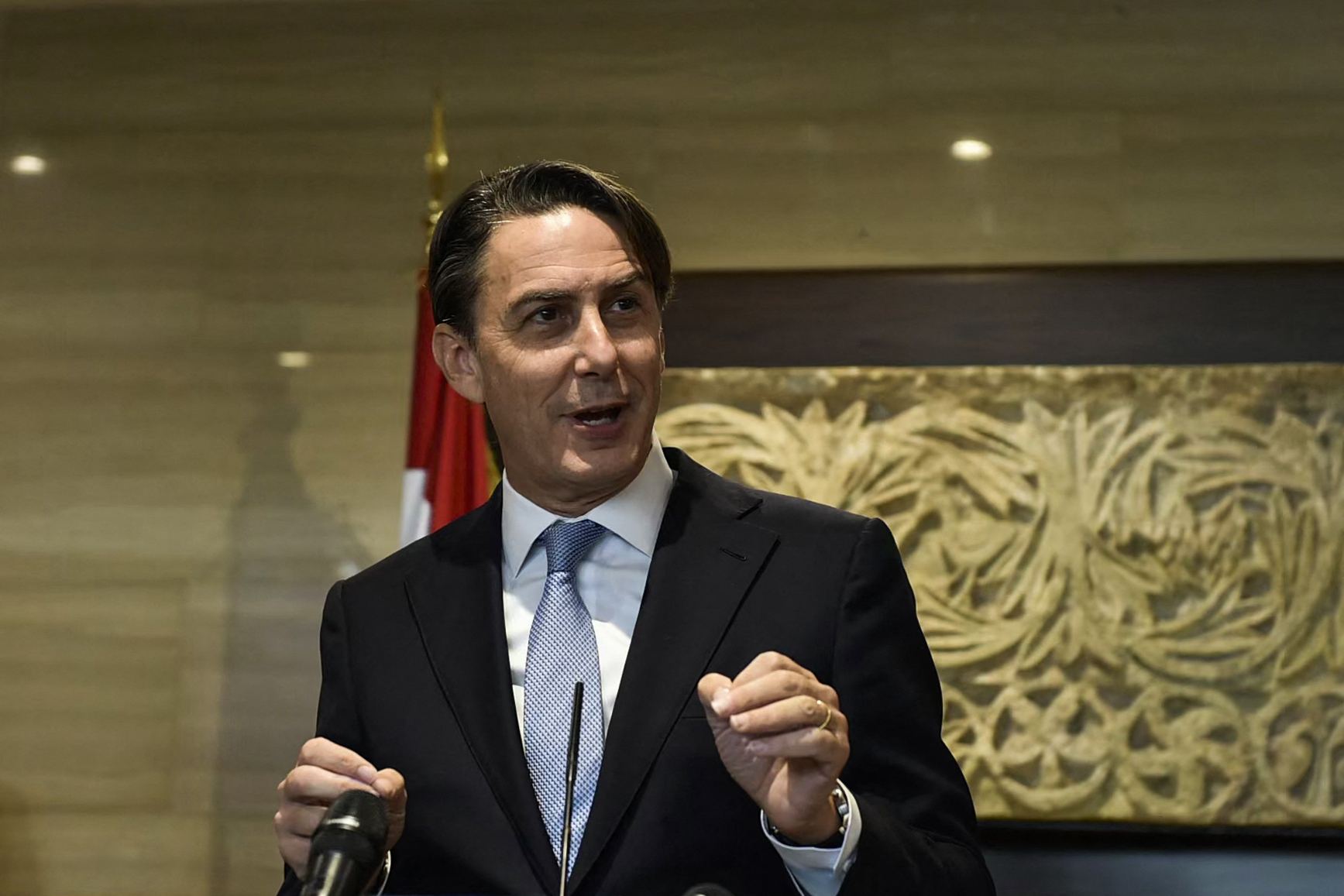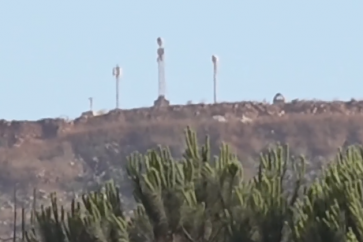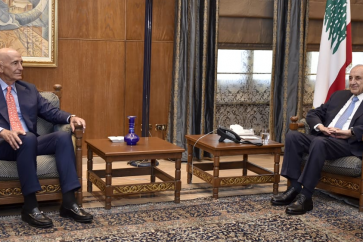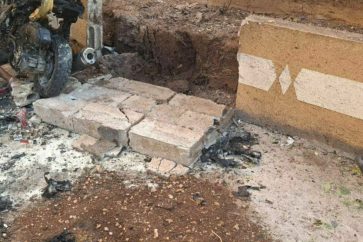US special envoy Amos Hochstein stated on Monday that “the situation in Lebanon has spiraled out of control, and linking the country’s future to regional conflicts is not in the best interest of the Lebanese people.”
After meeting with Speaker Nabih Berri in Ain Al-Tineh, Hochstein emphasized that “the failure to implement Resolution 1701 is the main reason for the escalation and continuation of this conflict.”
“We are committed to resolving the conflict in Lebanon based on Resolution 1701, but the commitment of both sides alone is not enough. The Lebanese government needs support, and Washington is committed to providing the necessary assistance,” the US special envoy added.
Hochstein also highlighted that “the international community is dedicated to reconstruction efforts and supporting the Lebanese Army.”
“I will not engage in discussions about amending Resolution 1701 but will instead focus on its implementation. President Joe Biden’s administration is determined to ensure that this is Lebanon’s last conflict for generations to come,” Hochstein clarified.
In remarks carried by Lebanese media, Speaker Berri described the meeting with the US envoy as good, but noted that “the point is in the results.”
During his visit to Beirut, Hochstein is meeting with various Lebanese officials, including Lebanese acting PM Naji Mikati.
At the same time, Arab League Secretary-General Ahmed Aboul Gheit also arrived in Beirut. His brief visit includes meetings with Speaker Nabih Berri, Prime Minister Najib Mikati, and Army Commander General Joseph Aoun.
Subtext of Hochstein’s Visit: Pressure and Promises
Earlier today, Al-Akhbar Lebanese daily reported that US envoy Amos Hochstein is returning to Beirut, carrying what he claims is a “final offer” ahead of the U.S. elections on November 5 to establish a political-security framework to end the war. However, according to MP Jamil Al-Sayyed, Hochstein’s real goal is to see if Israeli aggression has pressured Lebanon into accepting US and Israeli occupation demands to amend Resolution 1701, putting Lebanon under military, security, and political control.
The paper highlighted that the Israeli enemy prepared for Hochstein’s visit with a night of intense bombing on Dahiyeh.
Al-Akhbar also noted that in a recent interview with Al-Jadeed TV, Hochstein said his plan centers on reinforcing UN Resolution 1701 as the basis for a permanent ceasefire between Lebanon and Israel but stressed that “modifications and additions” are necessary for its full implementation.
In response, Speaker Nabih Berri firmly rejected any changes to Resolution 1701, emphasizing Lebanon’s united stance on maintaining it without amendments.
Speaker Berri also told Al-Arabiya TV that Hochstein’s visit is the US’s “last chance” to secure a solution, reaffirming that Hezbollah has supported 1701 since 2006. He outlined his plan to save Lebanon and said the U.S. is keen on achieving a ceasefire before its elections, dismissing claims that Iran is blocking his efforts.
In essence, Al-Akhbar reported that Speaker Berri made Lebanon’s position clear: no amendments to Resolution 1701 and no presidential election while the country is at war.
Al-Akhbar reported that Prime Minister Najib Mikati confirmed Hezbollah’s support for Resolution 1701 and emphasized Lebanon’s commitment to it for stability. He reiterated that “a diplomatic solution is still possible” and called for deploying the Lebanese Army south of the Litani River to fully implement the resolution and avoid further violence.
Al-Akhbar added that Hochstein’s visit, his first since the Israeli aggression began in September, and possibly his last due to career changes, has caused concern among political circles. His visits often coincide with major regional developments, raising fears that his arrival signals new Israeli actions, given the link between US diplomacy and Israeli escalation.
The newspaper suggested that Hochstein’s main goal is to assess whether Israeli attacks have pressured Lebanon into compliance and to push for concessions benefiting US and Israeli interests in southern Lebanon and other internal issues.
“Western sources suggest that Hochstein may ask Lebanon to declare a unilateral ceasefire to end the aggression, while French sources revealed that Paris has revised its initiative on Resolution 1701, with Lebanon’s Foreign Ministry receiving the updated proposal for discussion,” Al-Akhbar added.
Source: Al-Manar Website




